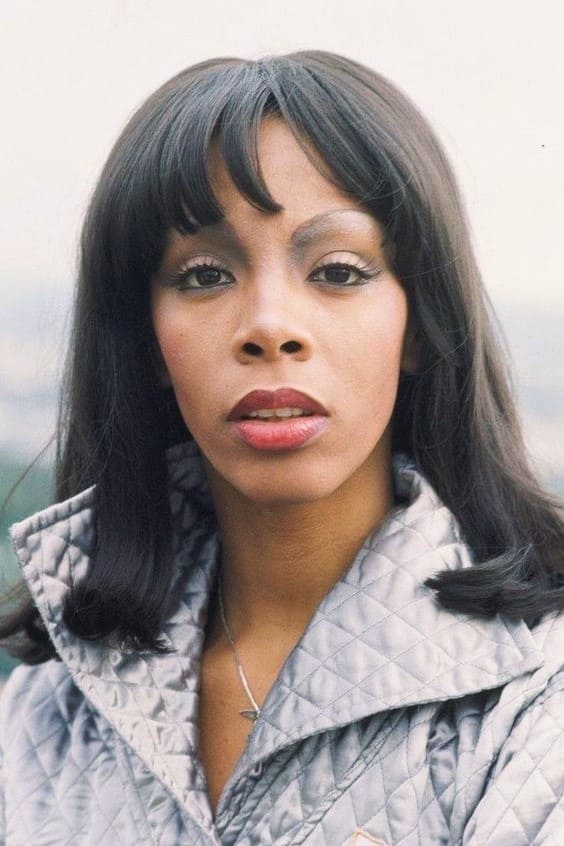
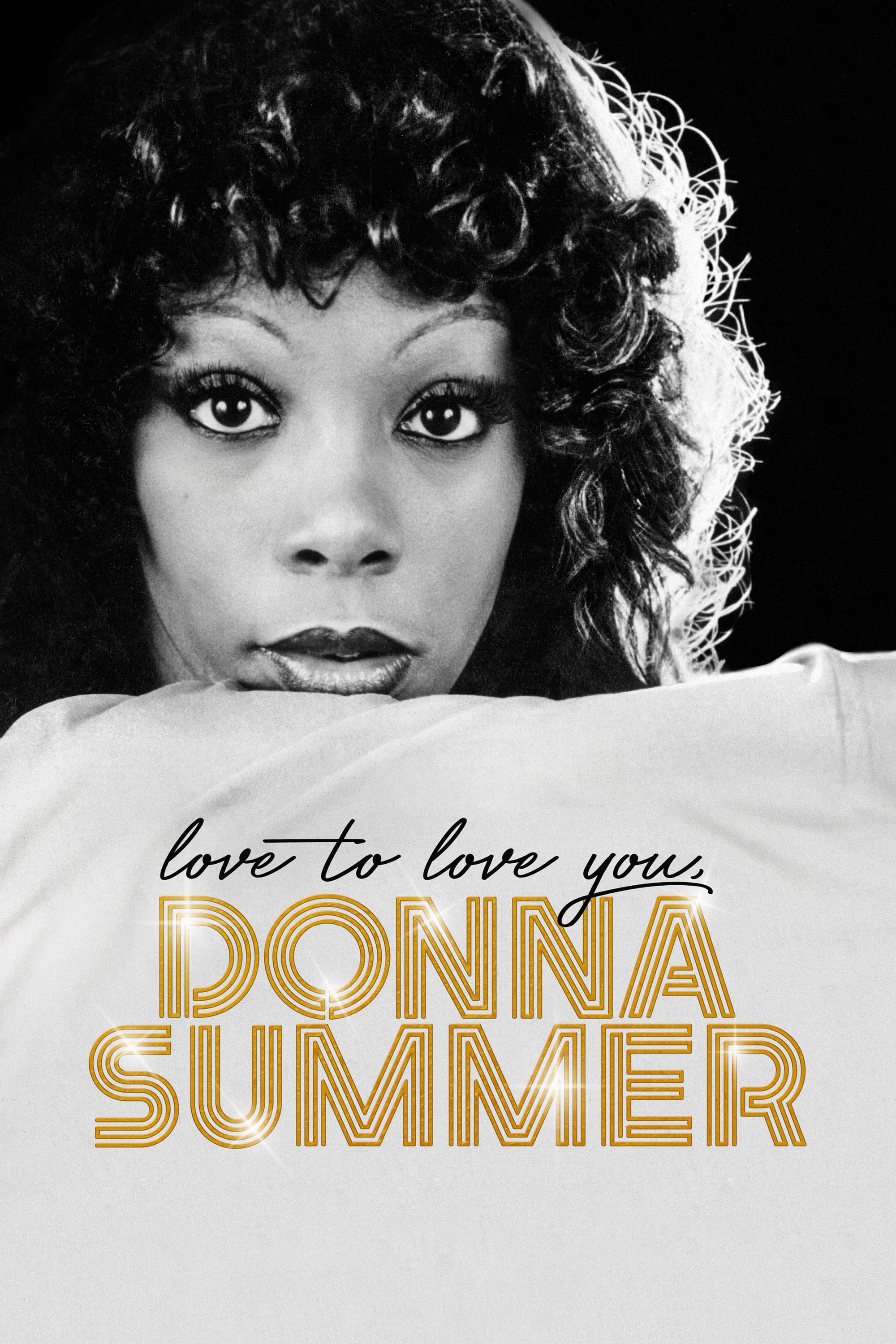
The extraordinary story of disco queen Donna Summer through a rich archive of unpublished film excerpts, home video, photographs, artwork, writings, personal audio and other recordings that span the life of one of the most iconic performers ever to shake a room to its timbers. From her early career with Giorgio Moroder in Germany, to later years more focused on spirituality and family life as a shelter from troubles associated with both notoriety and intimate wounds, her story is all the more special for being told in the first person – both singular and plural.
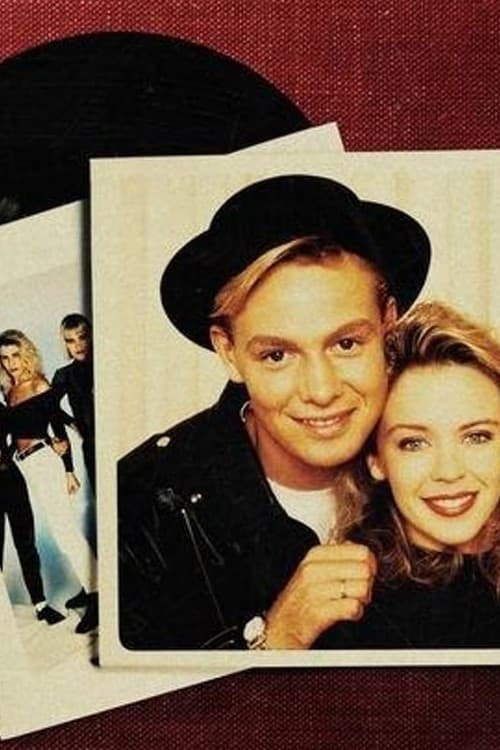
Mike Stock, Matt Aitken and Pete Waterman were the producers who came, SAW and conquered the UK charts in the 1980s, spinning the music scene right round like a record with their instantly recognisable brand of disco floor-filling pop hits. The trio divided the nation between those who loved their Hi-NRG sound and the singers they transformed into tabloid sensations, and a music press that loathed them for turning record producing into a production line. Today, many of SAW’s most memorable hits are considered classics of their time, and the very best of them are celebrated in this new selection, featuring such artists as Rick Astley, Dead or Alive, Donna Summer, Bananarama, Mel & Kim and, of course, Kylie and Jason

In May 1974, Valéry Giscard d'Estaing became President of the Republic and wanted to bring about a new era of modernity. One of his first decisions was to break up the ORTF with the creation of three new television channels: TF1, Antenne 2 and FR3. Three new public channels but autonomous and competing. It is a race for the audience which is engaged then, and from now on the channels will make the war! This competition will give birth to a real golden age for television programs, with variety shows in the forefront. The stars of the song are going to invade the living rooms of the French for their biggest pleasure. This unedited documentary tells the story of the metamorphosis of this television of the early 1970s, between freedom of tone, scandals, political intrigues and programs that have become mythical.
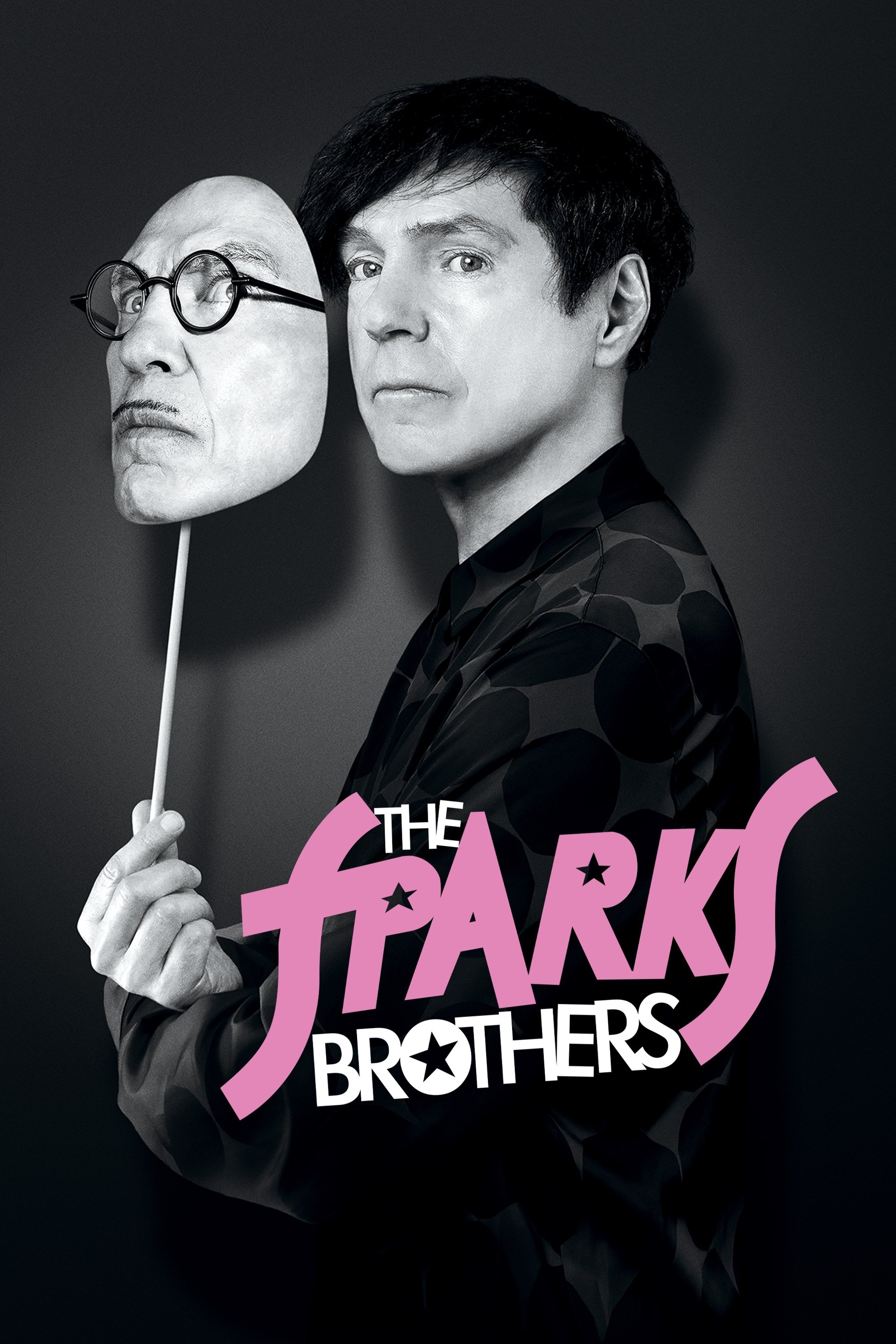
Take a musical odyssey through five weird and wonderful decades with brothers Ron & Russell Mael, celebrating the inspiring legacy of Sparks: your favorite band’s favorite band.

Despite its Afro-American origins, the history of disco music, the soundtrack of the seventies, would be inconceivable without a handful of legendary European music producers who conjured up some of the biggest world-wide hits in the anonymity of their studios.
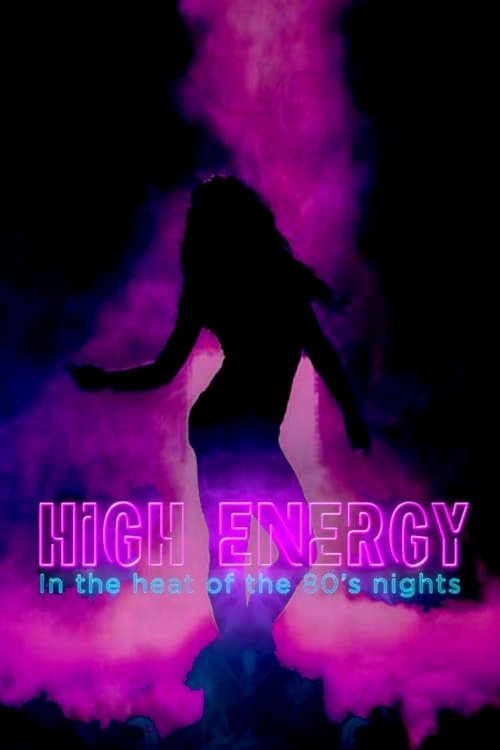
By the end of the seventies, disco music, considered too mainstream, was dead. But DJs and dance floors still needed new records and faster rhythms. Built on synthesizer sounds, the hi-nrg (high energy) style swept the gay clubs before hitting the charts during the eighties.
Donna Summer (born LaDonna Adrian Gaines; December 31, 1948 – May 17, 2012) was an American singer, songwriter, and actress. She gained prominence during the disco era of the 1970s and became known as the "Queen of Disco", while her music gained a global following. Influenced by the counterculture of the 1960s, Summer became the lead singer of a psychedelic rock band named Crow and moved to New York City. In 1968 she joined a German adaptation of the musical Hair in Munich, where she spent several years living, acting, and singing. There, she met music producers Giorgio Moroder and Pete Bellotte, and they went on to record influential disco hits together such as "Love to Love You Baby" and "I Feel Love", marking Summer's breakthrough into international music markets. Summer returned to the United States in 1976, and more hits such as "Last Dance", her version of "MacArthur Park", "Heaven Knows", "Hot Stuff", "Bad Girls", "Dim All the Lights", "No More Tears (Enough Is Enough)" with Barbra Streisand, and "On the Radio" followed. Summer amassed a total of 42 hit singles on the US Billboard Hot 100 in her lifetime, with 14 of those reaching the Top 10. She claimed a top-40 hit every year between 1975 and 1984, and from her first top-ten hit in 1976, to the end of 1982, she had 12 top-ten hits (10 were top-five hits), more than any other act during that time period. She returned to the Hot 100's top five in 1983, and claimed her final top-ten hit in 1989 with "This Time I Know It's for Real". She was the first artist to have three consecutive double albums reach the top of the US Billboard 200 chart and charted four number-one singles in the US within a 12-month period. She also charted two number-one singles on the R&B Singles chart in the US and a number-one single in the United Kingdom. Her most recent Hot 100 hit came in 1999 with "I Will Go with You (Con te partirò)". While her fortunes on the Hot 100 waned in subsequent decades, Summer remained a force on the Billboard Dance Club Songs chart throughout her entire career. Summer died on May 17, 2012, from lung cancer, at her home in Naples, Florida. She sold over 100 million records worldwide, making her one of the best-selling music artists of all time. She won five Grammy Awards. In her obituary in The Times, she was described as the "undisputed queen of the Seventies disco boom" who reached the status of "one of the world's leading female singers." Moroder described Summer's work on the song "I Feel Love" as "really the start of electronic dance" music. In 2013, Summer was inducted into the Rock and Roll Hall of Fame. In December 2016, Billboard ranked her sixth on its list of the "Greatest of All Time Top Dance Club Artists". Description above from the Wikipedia article Donna Summer, licensed under CC-BY-SA, full list of contributors on Wikipedia.